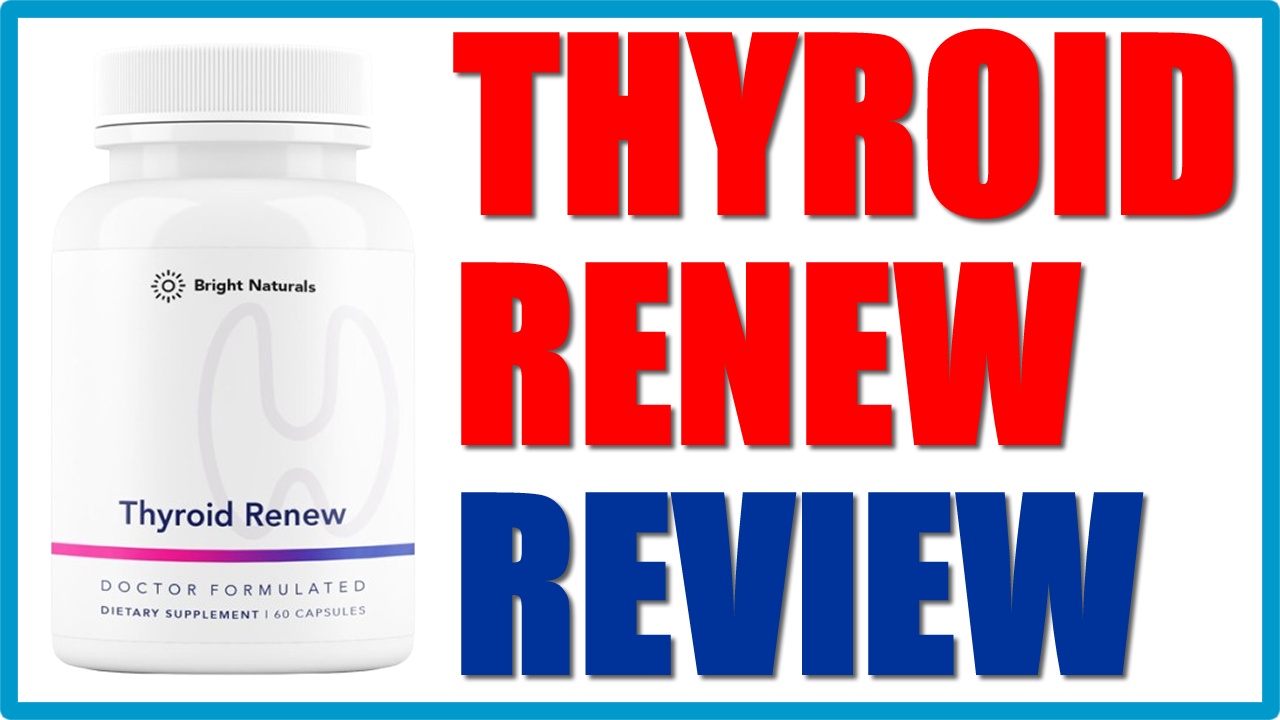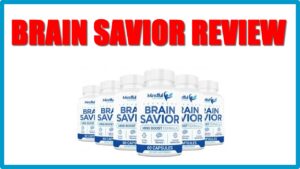What to Give Your Dog for Gut Health?
When it comes to your dog’s gut health, a balanced diet is key. You might be surprised at how certain foods can make a difference. Incorporating fiber, probiotics, and even some safe human foods can boost their digestion and overall wellness. Curious about which specific ingredients can help your furry friend thrive? Let’s explore the essentials for promoting a healthy gut together.
Understanding Your Dog’s Digestive System
When you think about your dog’s health, it’s easy to overlook their digestive system, but understanding how it works is crucial for their overall well-being.
Your dog’s digestive system starts in their mouth, where they chew and mix food with saliva. From there, it travels down the esophagus to the stomach, where acids break it down further.
The small intestine absorbs nutrients while the large intestine handles waste. This process is essential for converting food into energy and maintaining a healthy weight. Additionally, incorporating a premium probiotic supplement can significantly improve your dog’s gut health and overall well-being.
Pay attention to signs like changes in appetite or stool consistency, as these can indicate digestive issues.
The Importance of a Balanced Diet
A balanced diet is essential for your dog’s health, as it fuels their body and supports their digestive system.
Providing a variety of nutrients—like proteins, fats, carbohydrates, vitamins, and minerals—ensures your dog gets everything they need for peak wellness.
When you feed them a well-rounded diet, you’re helping to maintain their energy levels and strengthen their immune system.
Plus, a nutritious diet can prevent digestive issues like upset stomachs or constipation.
Remember to choose high-quality dog food tailored to your dog’s age, size, and activity level.
If you’re ever unsure, consult your vet for personalized recommendations.
Probiotics: The Good Bacteria
Probiotics play an essential role in maintaining your dog’s gut health, as they introduce beneficial bacteria that support digestion and overall well-being.
These live microorganisms help balance your dog’s gut flora, improving nutrient absorption and reducing gastrointestinal issues like diarrhea and constipation.
When you choose a probiotic for your furry friend, look for products specifically formulated for dogs, containing strains like Lactobacillus or Bifidobacterium.
You can find probiotics in various forms, including powders, capsules, or treats, making it easy to incorporate them into your dog’s routine.
Regularly adding probiotics to your dog’s diet can enhance their immune system, keeping them healthy and happy.
Prebiotics: Feeding the Good Bacteria
While probiotics introduce beneficial bacteria into your dog’s gut, prebiotics serve as their food, ensuring these good bacteria thrive.
Prebiotics are non-digestible fibers that help nourish and promote the growth of healthy gut bacteria. By including prebiotics in your dog’s diet, you’re supporting a balanced digestive system and enhancing overall health.
Common sources of prebiotics include chicory root, garlic, and bananas. You might find these ingredients in specialized dog foods or supplements.
When you incorporate prebiotics, you’re not just feeding your pup; you’re also fostering a thriving gut environment. Just remember to introduce prebiotics gradually to avoid any tummy troubles.
With the right balance of prebiotics, your dog can enjoy improved gut health and well-being!
Fiber-Rich Foods for Digestive Health
In addition to prebiotics, incorporating fiber-rich foods into your dog’s diet can greatly boost their digestive health.
Fiber helps regulate bowel movements, keeps the gut microbiome balanced, and can even aid in weight management. Foods like pumpkin, sweet potatoes, and green beans are excellent choices. They’re not only rich in fiber but also packed with vitamins.
You might also consider adding oats or brown rice for a wholesome fiber source. Just remember to introduce these foods gradually to avoid upset stomachs.
A variety of fiber sources can enhance your dog’s gut health and keep them feeling their best. So, next time you’re planning their meals, think fiber—it’s a simple change that can make a big difference!
Hydration and Its Role in Gut Health
Ensuring your dog stays hydrated is essential for maintaining ideal gut health. Water plays a critical role in digestion, helping to break down food and absorb nutrients efficiently.
When your dog is well-hydrated, it supports the movement of food through the intestines, preventing constipation and promoting regular bowel movements. Dehydration can lead to digestive issues, making it even more important to keep their water bowl filled.
You might consider adding some wet food to their diet or offering ice cubes as a fun way to encourage hydration. Always monitor their water intake, especially during hot weather or after exercise.
A well-hydrated dog is more likely to have a healthy digestive system, ensuring they feel their best every day.
Safe Human Foods That Benefit Digestion
Have you ever wondered which human foods can actually help your dog’s digestion? Incorporating safe human foods into your dog’s diet can make a difference.
Plain, cooked pumpkin is a fantastic option; it’s rich in fiber and helps regulate their digestive system. Sweet potatoes are another great choice, packed with vitamins and easy to digest.
You can also try plain, cooked rice or oatmeal, which can soothe an upset stomach. Plain yogurt, with live cultures, can provide beneficial probiotics. Just be sure to avoid any added sugars or artificial sweeteners.
Don’t forget about lean meats like chicken or turkey, which are easy on the stomach. Always introduce new foods gradually to monitor for any adverse reactions!
Supplements for Gut Support
While a balanced diet is essential for your dog’s gut health, supplements can provide an extra boost to support their digestive system.
Probiotics are a fantastic choice, introducing beneficial bacteria that help maintain a healthy gut flora. You might also consider prebiotics, which feed those good bacteria and promote a thriving digestive environment.
Digestive enzymes are another option; they aid in breaking down food and enhancing nutrient absorption. Look for supplements specifically formulated for dogs, ensuring they contain quality ingredients.
Always consult your vet before starting any new supplement regimen, as they can help identify your dog’s specific needs.
With the right supplements, you can take your pup’s gut health to the next level!
Monitoring Your Dog’s Digestive Changes
How can you tell if your dog’s digestive health is on track? Start by observing their stool. It should be firm, moist, and chocolate-brown. If you notice changes like diarrhea, constipation, or unusual colors, it’s time to investigate further.
Pay attention to their appetite and energy levels, too. A sudden drop in appetite or lethargy can signal digestive issues. Additionally, watch for bloating or gas; this could indicate discomfort or dietary intolerances.
Keeping a food diary can help identify patterns or triggers. Regular vet check-ups are also vital for monitoring your dog’s gut health.













